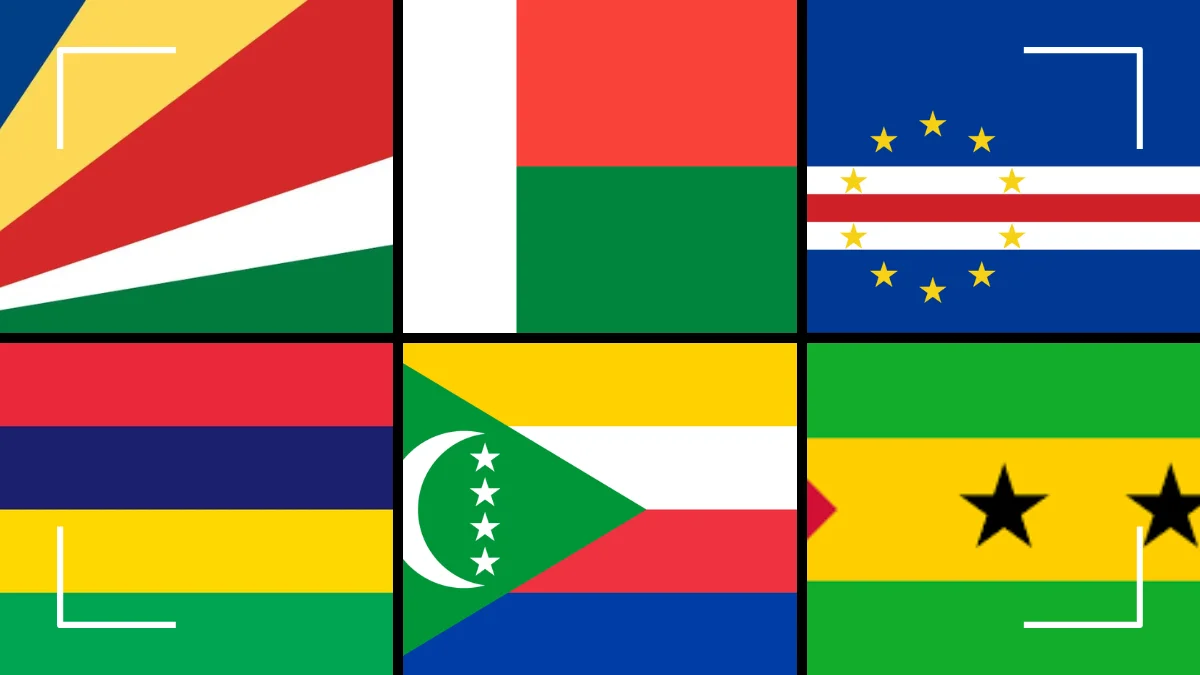Africa is home to six recognised island countries. These nations are located in the Indian and Atlantic Oceans and possess diverse cultures and landscapes
Island Countries in Africa
| Country Flag | Country | Size (sq km) |
|---|---|---|
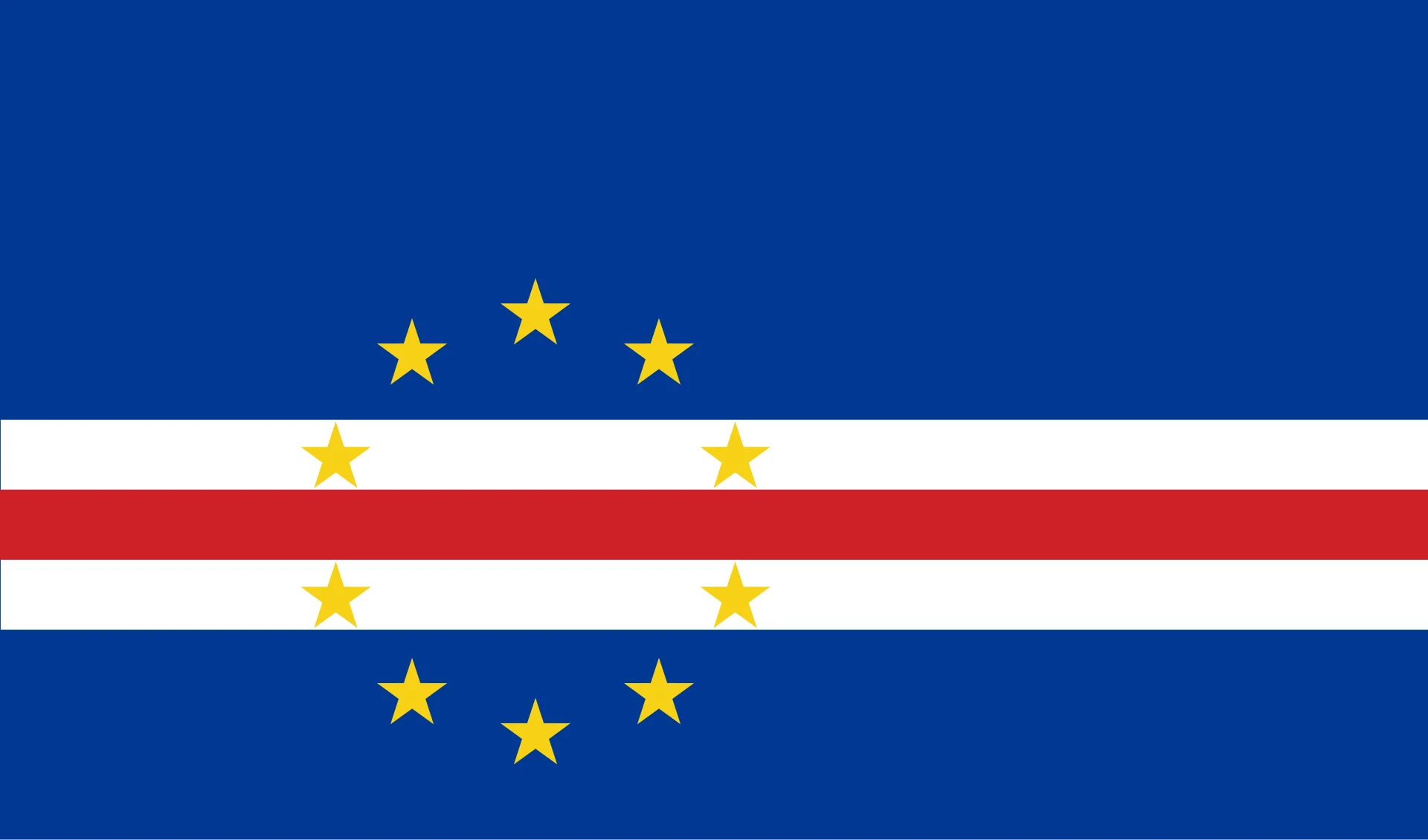 | Cape Verde | 4033 |
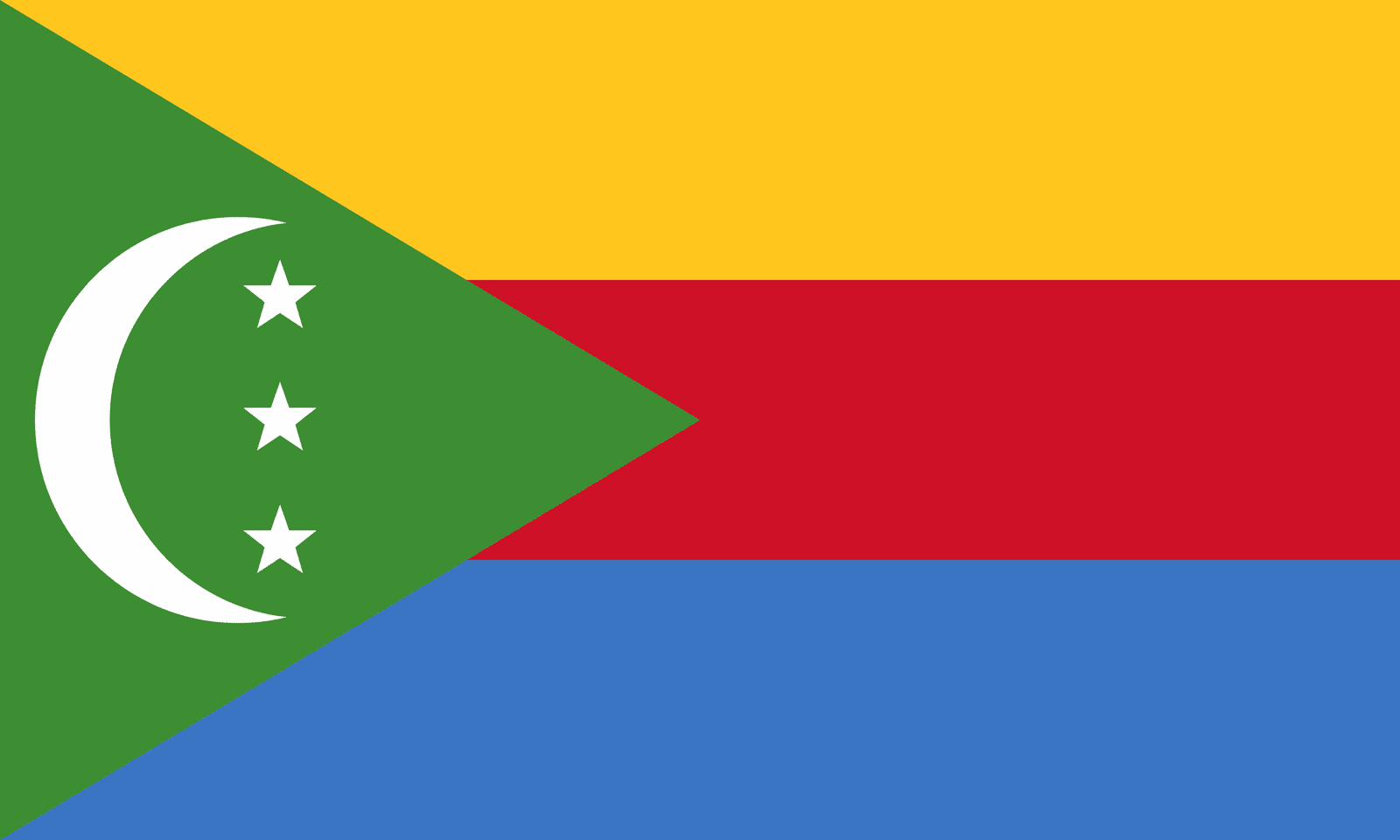 | Comoros | 2235 |
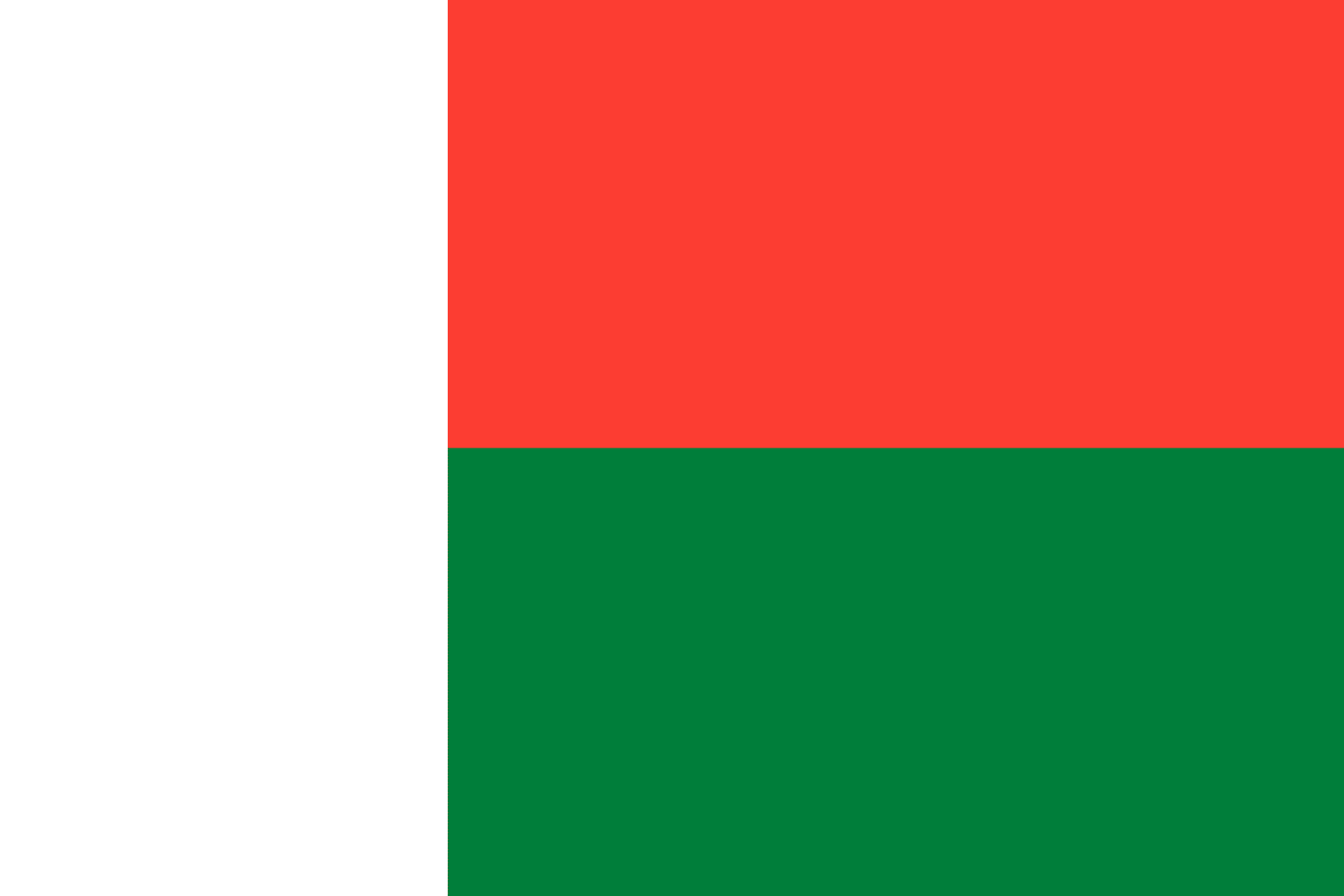 | Madagascar | 587041 |
 | Mauritius | 2040 |
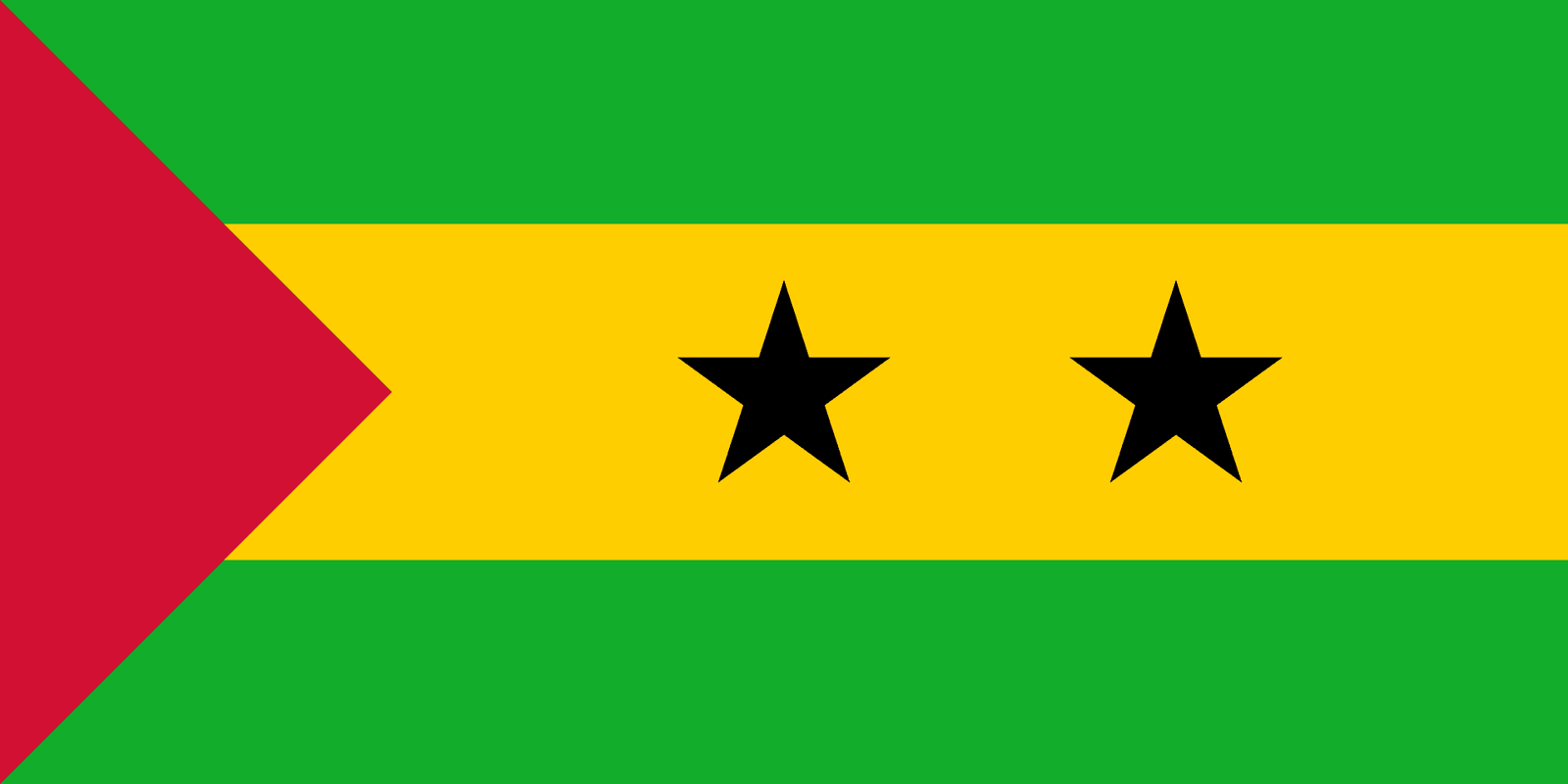 | São Tomé and Príncipe | 964 |
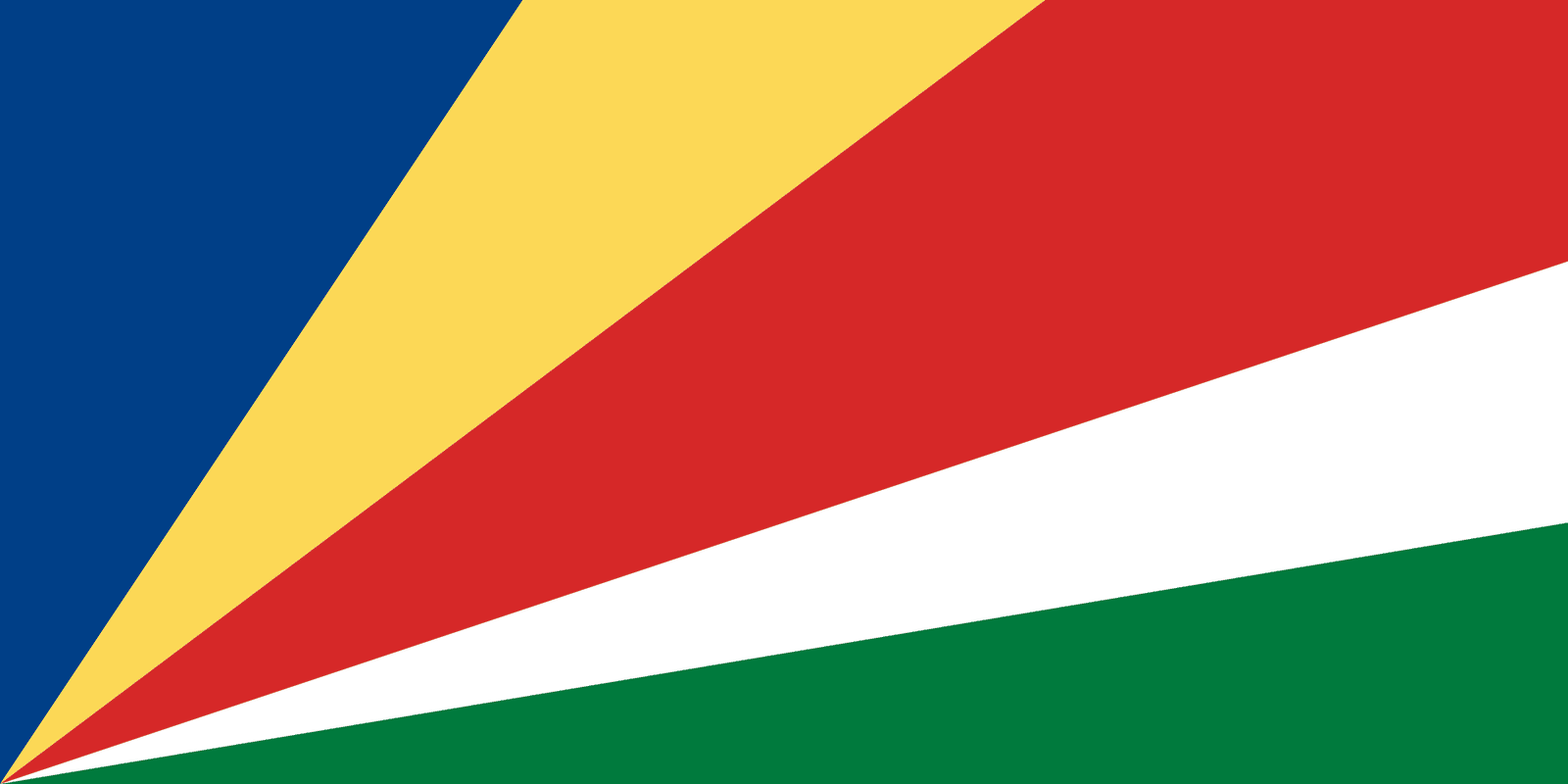 | Seychelles | 459 |
Madagascar
The largest island country in Africa and the fourth largest globally. Known for its unique biodiversity, over 90% of its wildlife is found nowhere else on Earth.
Comoros
A volcanic archipelago situated off the southeastern coast of Africa, between Madagascar and Mozambique. It boasts lush landscapes and rich marine life.
Seychelles
A collection of 115 islands located in the Indian Ocean. Renowned for its pristine beaches and coral reefs, Seychelles is a top tourist destination.
Mauritius
An island nation east of Madagascar, famous for its multicultural society and historical significance as a trade hub.
Cape Verde
Located in the central Atlantic Ocean, this archipelago of ten volcanic islands is known for its Creole Portuguese-African culture and music.
São Tomé and Príncipe
Situated in the Gulf of Guinea, these two main islands are part of a volcanic chain, celebrated for their rainforests and cocoa production.
Commonality
Despite their differences, these island nations share some common characteristics. Their economies often rely heavily on tourism, agriculture, and fishing. They also face similar challenges, including climate change, vulnerability to natural disasters, and dependence on imports.
What is an Island Country?
An island country, also known as an island nation, is a country that is entirely located on one or more islands. These nations are surrounded by water, distinguishing them from landlocked and continental countries. They range from small archipelagos to large singular islands and are often characterised by unique biodiversity, economic dependence on marine resources, and isolation from mainland influences.


